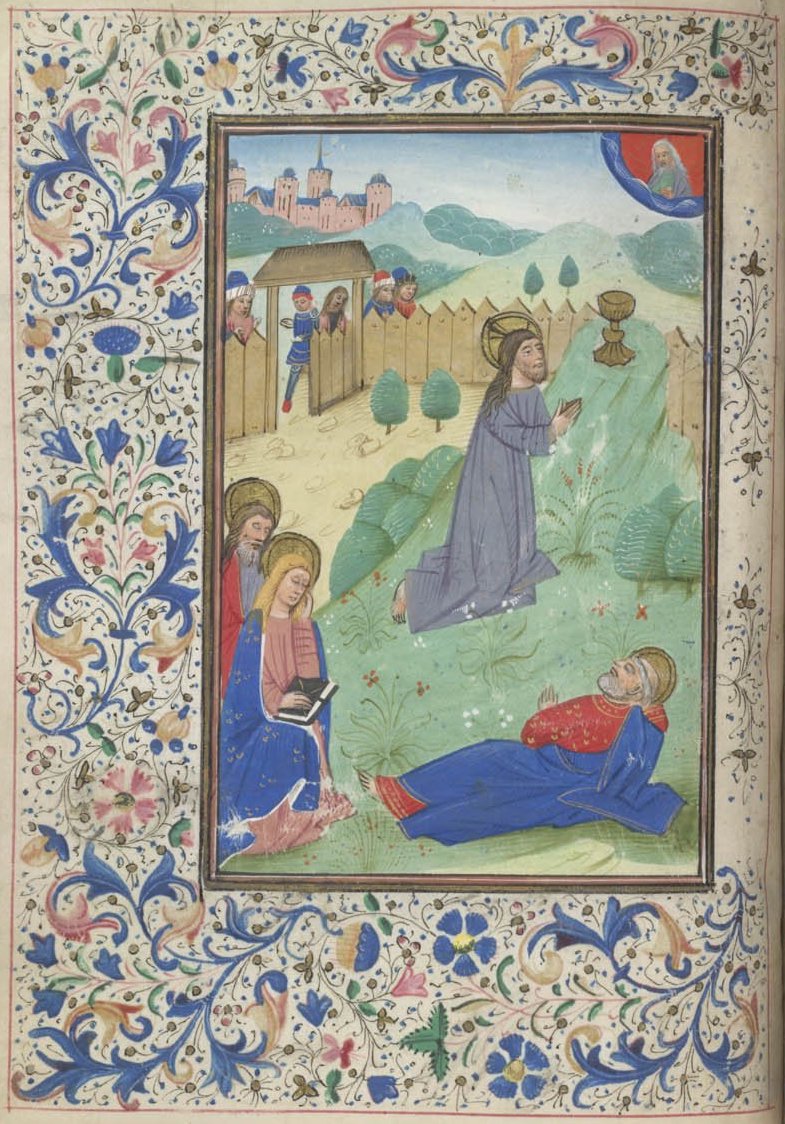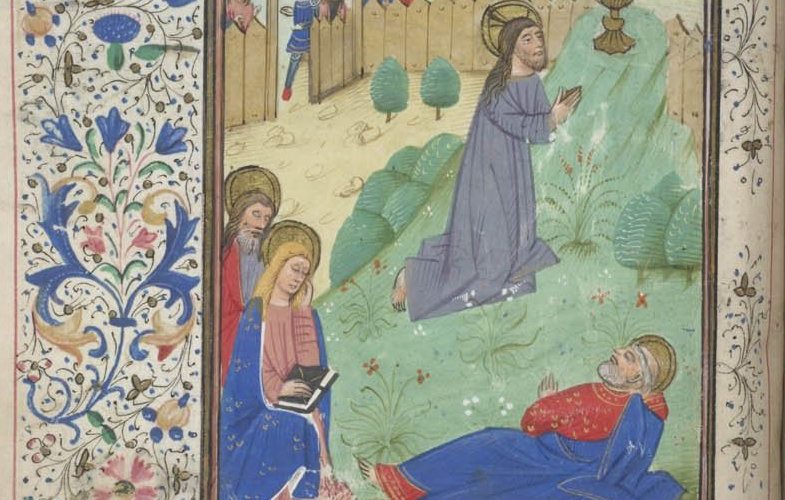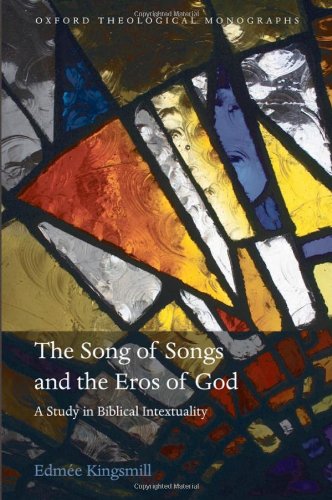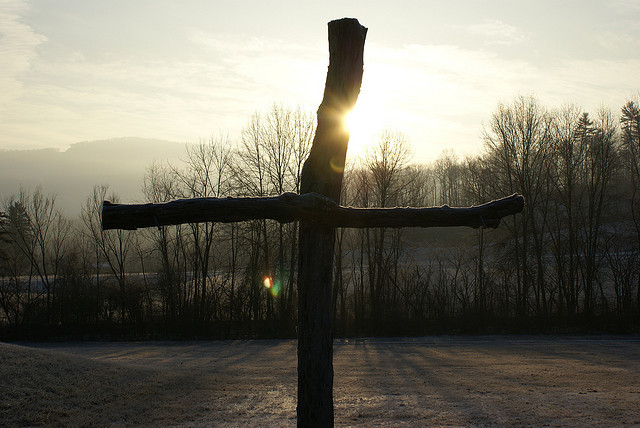This essay was written as part of the outreach program of The Episcopal Church of the Good Shepherd in Lexington to continue to minister to our community in this time of uncertainty and “social distancing” that requires not meeting in person. For essays by my friends and colleagues go to “Calming the Storm.”
We are fast approaching the end of July and with that, the beginning of the school year. The summer is at its zenith, the heat is strong and consistent even as our thoughts turn, at least in college towns, towards the crisp days of autumn and fall football. By now, the COVID-19 virus was supposed to be managed or burned away or at least on the wane; we were supposed to be returning to normal. But it is not. In fact, we are approaching the highest rates of infection seen in the United States, with hospital beds again filling up with people needing emergency and life-saving treatment. Yet not all lives will be saved.
The resurgence is not uniform. Not all places around our country are seeing a sharp increase and there is much debate as to why that is, what will fully control the spread of the virus, and if we can ever eliminate it. What we know now is that this highly contagious illness will be with us for a long time yet to come. We also know that there are steps that can be taken to reduce infection rates, simple steps that we have known for months know, like reducing our interaction with others, washing our hands regularly, wiping down surfaces, and wearing masks. These are annoying inconveniences and yet literally and actually save lives.
This week the Gospel readings for Morning Prayer come from Matthew 26. It is Jesus in the Gethsemane, praying before his accuser and the mob come to take him into custody and hand him over to be crucified. It is a passage I have read often, heard often, and even preached often. Yet I noticed something new in it yesterday.
“My Father, if this cannot pass unless I drink it, your will be done.” (Matt. 26:42)

Jesus had gone to this place with his disciples, the eleven remaining after Judas had departed on his deadly errand, to pray and wait. Once they arrive, Jesus says to his disciples, “I am deeply grieved, even to death; remain here, and stay awake with me.” The disciples, of course, promptly fall asleep. This is where my mind usually goes with the story, of considering how I am not watchful enough, how I am sleeping “on the job” and not staying awake with Jesus to pray and be with him in his grief. That is a true and valuable lesson from this passage, but this time I noticed Jesus’ second prayer to God.
The first time he prays, Jesus utters the famous words, “My Father, if it is possible, let this cup pass from me; yet not what I want but what you want.” It is a powerful prayer, showing Jesus’ awareness of what he must do, the pain he anticipates, and his willingness to submit his will to God’s. It allows us to also, even while submitting our will to God’s, ask God to spare us the suffering and pain. It is not being a spiritual wimp to say, “if it is possible, let this cup pass from me.”
But the second time, after he confronts the disciples for falling asleep, the second time Jesus says, “My Father, if this cannot pass unless I drink it, your will be done.” I had never noticed the change in phrase before. Jesus is not simply asking God to spare him the suffering, he is acknowledging that this particular cup cannot pass until and unless Jesus himself take it up and drink. He is the only one who can take on this task, the only one who can accomplish what is needed, and so he submits to God’s will.
The cup that Jesus alone could drink from was the final sacrifice for the sins of the world. To bring our salvation, Jesus submitted himself to death so that he might be raised from the dead and thus bring about the end of death for all the world. As it says in our Morning Prayer, he “stretched out [his] arms of love on the hard wood of the cross that everyone might come within the reach of [his] saving embrace.”
This is the work of our Lord and Savior. But we still have work to do here. We have cups to drink of our own and unless we drink them, they cannot pass. The raging storm of COVID-19, the suffocation of poverty, the dehumanization of racism, these and many more are the “cups” from which we must drink. I do not mean that we are to suffer and endure them, rather we are to fight against them. We must do whatever is in our power to minimize the spread of disease, poverty, and racism while maximizing the healing, comfort, and love.
Jesus died on the cross so that all we must do is to take up ours. It is a heavy burden to carry, but in Christ and through Christ that burden is made light. Drink deeply of the cup, love as Christ loved us, for this will not pass unless we do.





